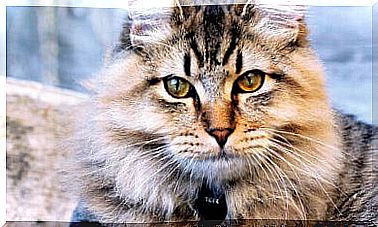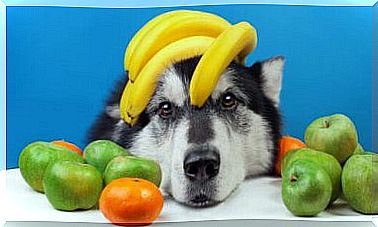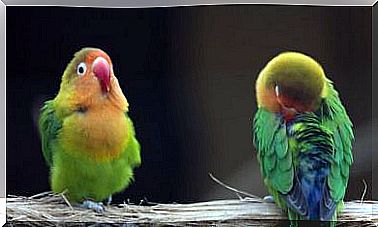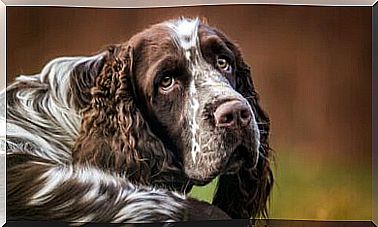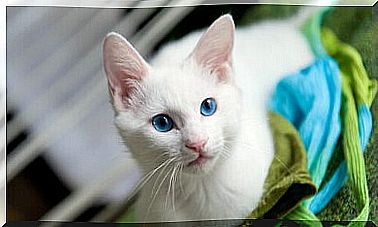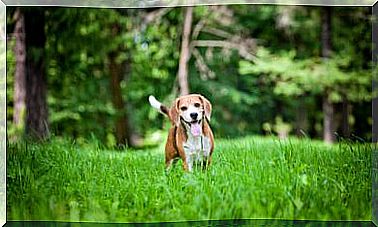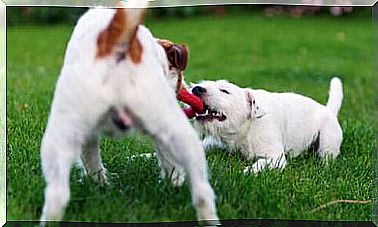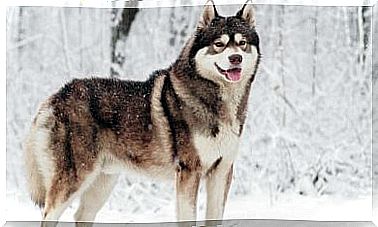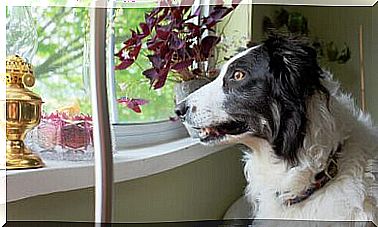Digestive Problems In Rodents: What To Do?
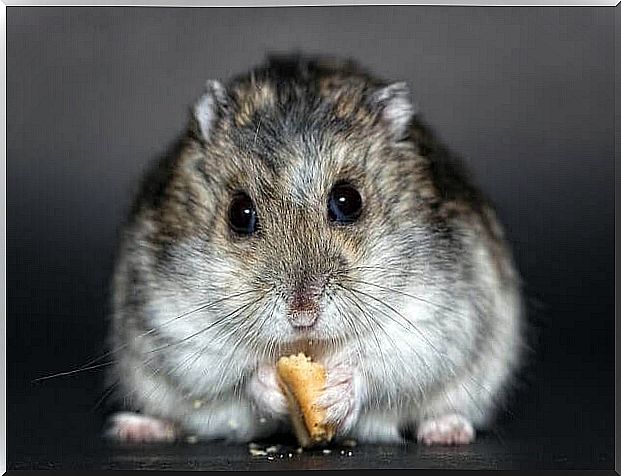
Clinical problems in small mammals, such as rodents, may go unnoticed because of the animals’ nocturnal habits or the way they manifest them. It is very common that when the owners arrive at the clinic with the rodent, the problem is already advanced.
In this space, we will present some of the digestive problems in rodents, as well as their causes, symptoms and what to do when they occur.
Some signs that indicate pain and that may be associated with digestive problems in rodents are:
- Anorexia (the animal stops eating)
- Weight loss
- vomiting
- Diarrhea
- constipation
- Weakness
- Abnormal posture, as if they were protecting themselves
Faced with any of these signs, we should seek a veterinarian so that the animal can be examined. These symptoms can have many causes, but we will focus on those related to oral and gastrointestinal health.
Incisor overgrowth
The teeth of rodents and rabbits grow continuously throughout their lives. On average, they grow two to four millimeters per week.
If the teeth are not sanded correctly, they will form sharp points that can hurt the tongue and the inside of the animal’s cheeks. To avoid damage caused by friction with teeth, rodents and rabbits often change the chewing movement, deflecting the bite.
Bite deviation is known as malocclusion or acquired dental disease. And its causes are:
- Inappropriate diets. Soft foods, little variety and low in fiber.
- Genetic malformations. Dwarf breeds, for example, are predisposed to bite deviations and incisor overgrowth.
- Injuries.
- Metabolic bone disease caused by a deficiency of calcium, phosphorus and vitamins A and D. It is important that rodents have daily access to sunlight to synthesize these vitamins. Vitamin C deficiency is very common in guinea pigs.
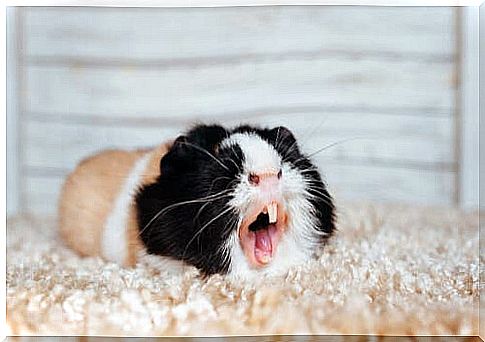
That’s why it’s very important to provide food that wears out teeth to prevent overgrowth. High fiber diets promote incisor wear. In addition, pellet type feed or any other object that can gnaw, such as wooden sticks, is recommended. This will cause enough friction to wear down your teeth.
Faced with this situation, the veterinarian may consider cutting, sanding or tooth extraction, depending on the condition of the animal’s teeth. A change in diet will also be necessary so that overgrowth does not occur again.
Diarrhea in rodents
Diarrhea in rodents usually consists of soft, green, and large stools. It can be caused by infectious agents, spoiled food, or an excessive intake of fruits and vegetables.
This can be a serious problem, especially in smaller rodents, because of hypoglycemia, dehydration, and electrolyte imbalance. All of this can happen very quickly.
Hamsters can suffer from ‘wet-tail disease’ which includes the following symptoms:
- Abundant and watery diarrhea.
- Wet abdomen and tail, hence the name of the syndrome.
- Somnolence.
- Sunken, dull eyes.
- Anorexia.
- Decreased activity.
- Lack of hygiene.
- Bent posture because of abdominal pain.
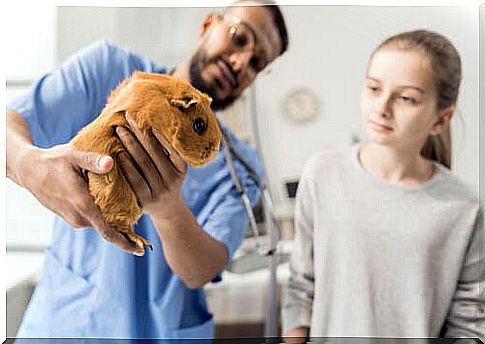
In such cases, the best thing to do is to quickly find an exotic animal veterinarian, who will prescribe antibiotics and medication to help stop the diarrhea.
In addition, it is important to rehydrate the hamster, isolate it from other animals, keep its cage clean and try to reduce the stress that the animal may suffer, since the syndrome is closely related to this symptom.
Intestinal Motility Disorders
In summary, intestinal motility disorders are responsible for a large percentage of digestive problems in rodents.
Chinchillas and guinea pigs are the species of rodents that suffer most from this disorder, which is also very common in rabbits. The main cause is usually a lack of fiber in the diet. However, pain and stress are also common factors.
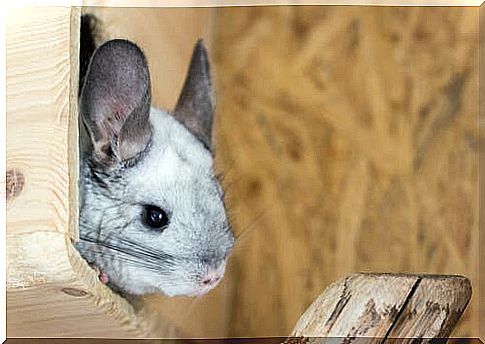
For these species, consumption of fiber is essential: the excess carbohydrates or fats reduces intestinal motility and alter the natural bacterial flora. Sometimes, excessive ingestion of hair can also cause this problem.
The reduction in motility causes an alteration in the absorption of nutrients and a retention of material and gases in the stomach or intestinal cecum. In this sense, detecting the problem and applying treatment in time is crucial in these cases.
These are some of the most common digestive problems in rodents. Therefore, if you notice that your pet is experiencing any digestive symptoms, we recommend that you assess whether the diet is adequate and seek out a veterinarian who specializes in exotic animals.
